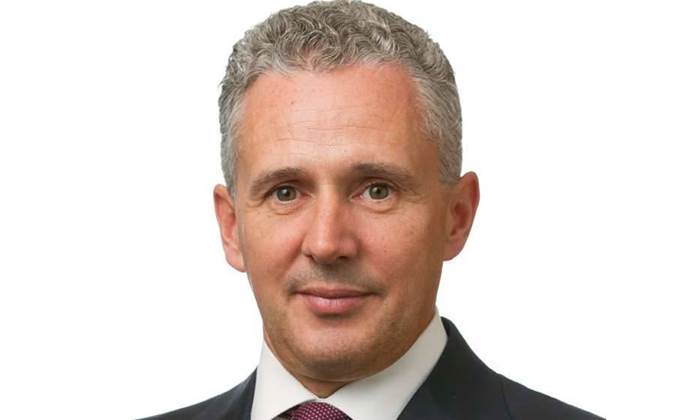Telstra says the level of competition brought about by the NBN will result in financial pain that extends into 2019.

CEO Andy Penn will tell a JPMorgan summit in Boston tomorrow that the NBN is behind “a number of challenging dynamics for the industry that collectively points to a difficult trading period ahead”.
Penn will say that the re-nationalisation of fixed-line infrastructure - and the re-positioning of Telstra as “a reseller of broadband services with other operators … is having a very material impact on the economics of the whole industry”.
“It has triggered a step change in the competitive environment,” Penn said in speech notes.
“In the last 12 months alone we have moved from three big players in mobile and fixed to a situation today where we face a fourth network operator entrant in mobile, an increasing number of MVNOs and more than 170 resellers of fixed.
“We are responding to these dynamics to protect and grow our customer base.”
Telstra has ramped up attacks on the NBN in recent months, including calling for “targeted” action against NBN Co’s service standards before the end of June and price regulation “as quickly as possible”.
It is not alone in criticising aspects of the NBN rollout, with other retail service providers (RSPs) also backing calls for change.
Many NBN resellers are set to face a substantial increase in the cost to service users come October, when they will have to run two separate interconnections into the NBN to service customers on two separate price constructs.
Telstra still has half of the total NBN market, excluding satellite, and has largely maintained that share over the past couple of years.
Penn said the telco is continuing to win in the fixed space, with the net addition of 36,000 customers in Q3 of the current financial year.
However, while it is winning what NBN Co CEO Bill Morrow calls a “land grab” for customers, this is coming at the expense of margin.
Penn said that minimum monthly commitments by consumers for a bundle of fixed-line broadband and other telco services were down 2.4 percent.
Telstra today provided clarity around its financial guidance for FY18.
It maintained the existing ranges, though it said that income would fall “in the middle” of the targeted $27.6 billion to $29.5 billion range.
The telco also said its earnings before interest, tax, depreciation and amortisation (EBITDA) would be “at the bottom end” of the previously forecast $10.1 billion to $10.6 billion range.
Telstra also forecast that “ongoing pressure on mobile and fixed ARPUs [average revenue per user] and the accelerating impact of the NBN” would also weigh on FY19 results.
Despite adding 60,000 postpaid mobile customers in Q3, Telstra said that ARPU is down 3.6 percent for Q3 FY18 compared to the same quarter last year.
Telstra is set to face major competition from TPG when it launches later this year.
TPG said last week it would offer six months of service for free under a trial of its network, and then charge as little as $10 a month for a data service.





_(28).jpg&h=140&w=231&c=1&s=0)





 Cyber Resilience Summit
Cyber Resilience Summit
 iTnews Executive Retreat - Security Leaders Edition
iTnews Executive Retreat - Security Leaders Edition
 Huntress + Eftsure Virtual Event -Fighting A New Frontier of Cyber-Fraud: How Leaders Can Work Together
Huntress + Eftsure Virtual Event -Fighting A New Frontier of Cyber-Fraud: How Leaders Can Work Together
 iTnews Cloud Covered Breakfast Summit
iTnews Cloud Covered Breakfast Summit
 Melbourne Cloud & Datacenter Convention 2026
Melbourne Cloud & Datacenter Convention 2026












_(1).jpg&h=140&w=231&c=1&s=0)



